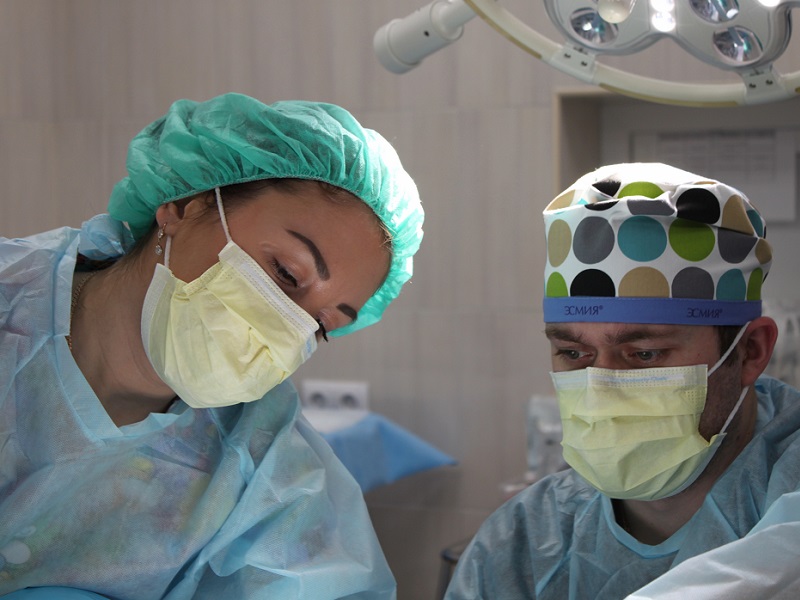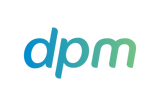Submit preferences
You'll need to select you preferences list for the hospital networks you'd like to work at
You've made it to final year. Well done! 👏
Rotations, intern applications, receiving a letter of offer and graduation – your final year of medicine is BUSY.
You’re getting a clearer understanding on what to expect from your internship year so you can really start putting plans into place.

Depending on the university you attend, you'll either spend the first semester completing research or continuing your hospital rotations through different specialties.
You’ll also need to submit your internship applications which can be an intense process so make sure you get onto this early. Applications usually open mid-April and close at the start of June.

The process can be different in each state but generally you'll need to submit:
You'll need to select you preferences list for the hospital networks you'd like to work at
You'll need to get at least two references to complete an online referee form (although this may differ depending on the hospital network you are applying for)
During your second semester, you'll complete select rotations in areas of interest as well as a pre-internship rotation where you will shadow a current intern.
This will give you a good understanding of what to expect the following year so use this time wisely.
.jpg)
Tips for getting the most out of your pre-internship rotation:
These will be good to refer back to throughout your intern year as situations come up.
This is your opportunity to ask any questions about your role or what will be expected of you as an intern.
Notice how the interns respond to pages and who they approach for help.
First round of internship offers usually come out in July with secondary offers flowing through for the remainder of the year.
Don’t be disheartened if you miss out on your first preference – you’ll have an amazing year wherever you end up and remember somebody is going to be PAYING you to practice medicine. 💰

While it may be tempting to switch to autopilot, there are a few things you should take the time to get sorted before university is done and dusted.
Setting up your salary packaging is one of these things.

When you finally start earning an income you will be able to explore benefits like salary packaging and superannuation. It’s important to make sure you understand your entitlements and how to manage it all, so you get maximum benefit.
For example, if you’re doing rural rotations, you may be able to salary package multiple times. If you have a student loan or HELP debt, you will need to understand how salary packaging affects your loan repayments.

We don't blame you - it can get pretty confusing but we love educating and preparing on how to become a boss intern! Here are some resources:

Fast forward to the end of this year… and you have made it!
Congratulations! You've successfully completed your medical degree and you're ready to start your career in medicine. Your graduation ceremonies are likely to be held in early December so if you're planning a trip away , find out the exact date so you can ensure you're home for the ceremony.

Now is your time to relax before starting your internship next year.
Many people capitalise on this time off to take a well-deserved break and go on an overseas holiday, travel locally or to spend time with their family.
.jpg)
Finally, you get to put the theory into practice!
Graduating from university and starting your internship is one of the biggest transitions you will make in your professional life, so making sure you find the right work life balance will be an important step in this transition.
We understand this is a huge milestone so we've prepared some information that will help you prepare for your big year.

As an intern, you are granted provisional membership with the Medical Board of Australia and are required to complete 47 weeks of clinical training. The Internship year runs January - January.

Your internship is designed to expose you to a variety of clinical environments
A standard week = 38hrs + overtime
Overtime expectations can vary but prepare for at least one overtime shift per fortnight, which can include evenings, nights, weekends as well as time on call for sick relief shifts).
You'll be receiving a base salary of about $83K + super which means that you'll be getting about $70K net take home pay incl. salary packaging
+ CPD allowances, overtime and penalty rates which will be paid fortnightly.
Your 12 months will generally be broken up into 4-5 rotations, each between 10-12 weeks long.
You will gain experience in at least one surgical, medical and emergency medicine rotation, and your remaining elective options will be based on the hospital networks offering.
Soon you’ll be making decisions about your preferred career pathway. You’re doing a lot of things for the first time, both in and outside the hospital, and it’s A LOT to absorb.
Amongst it all, you’ll be starting to gather references to support your future applications.

Whilst starting your career in medicine may still seem like a dream for now, the reality is in just a few months, you’ll be working as a doctor in training in the hospital system with the added pressures that can come with working full time.
Taking some time now to set personal and career goals allows you to make little steps along the way. This will help make them more achievable and ensure you stay on track to reach them.

DPM acknowledges the Traditional Owners of the land where we live and work. We pay our respects to Elders past, present and emerging, and Elders from other communities we may visit and walk beside. As an organisation, we recognise their connection to Country and their role in caring for and maintaining Country over thousands of years. May their strength and wisdom be with us today.
Melbourne office
412 St Kilda Rd
Melbourne VIC 3004
PO Box 810
South Melbourne VIC 3205
P: 1800 DPM DPM
Sydney office
Level 10, 133 Castlereagh St
Sydney NSW 2000
GPO Box 2000
Sydney NSW 2001
P: 1800 DPM DPM
Copyright © 2023 DPM Financial Services